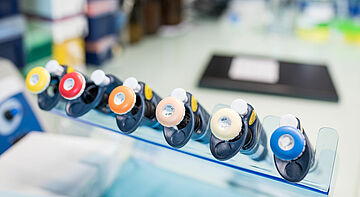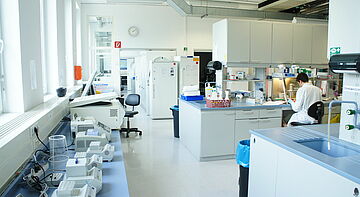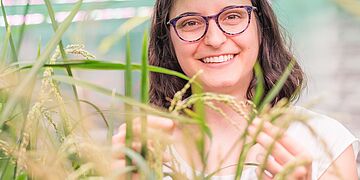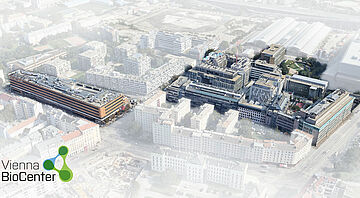The export of messenger RNA (mRNA), which takes the blueprint for building proteins from the cell’s nucleus to the surrounding cytoplasm, is an essential step in the expression of genes in complex organisms such as animals or plants. This process requires that only mature and healthy mRNAs are exported, while other RNAs are degraded in the nucleus. Scientists think that export factors are behind this selectivity by packaging mature mRNA, which protects it from nuclear degradation. However, this is currently only a model of the process and lacks detail.
Rupert Faraway’s Marie Skłodowska-Curie Actions funded project will take an interdisciplinary approach to test this model and identify more details of its underlying mechanism. To investigate the possible role of mRNA packaging as a driver for selectivity, Faraway will employ state-of-the art techniques, including the monitoring of gene expression over time and simultaneous measurements of nuclear mRNA export and degradation rates.
“This project is really exciting because of the diverse methods I plan to apply,” says Faraway. “The integration of transcriptome-wide kinetic information using the approaches in the Ameres lab with the mechanistic and structural expertise in the Plaschka lab will allow us to answer big unaddressed questions in the field. With the support of the great service facilities here and the strong RNA community at the Vienna BioCenter, I feel the project is poised for success.”
Faraway’s background is in molecular and computational biology. He joined the campus last year after a PhD in the lab of Jernej Ule at The Francis Crick Institute in London. Faraway had previously worked as a research technician at King’s College London. His Master’s degree from the University of Bristol (UK) was in neuroscience, building on a bachelor’s degree in psychology from the University of Sussex (UK).
About Marie Skłodowska-Curie Actions
Marie Skłodowska-Curie Actions (MSCA) is a programme of European Union research fellowships to support researchers in participating countries. The Marie Skłodowska-Curie Actions are among Europe's most competitive and prestigious research and innovation fellowships. They aim to foster career development and training of researchers at all career stages, including and perhaps most prominently postdoctoral researchers. The Marie Skłodowska-Curie Actions seek to promote interdisciplinary research and international collaborations.
Links
Plaschka Lab (IMP)
Ameres Lab (Max Perutz Labs)
Marie Skłodowska-Curie Actions



